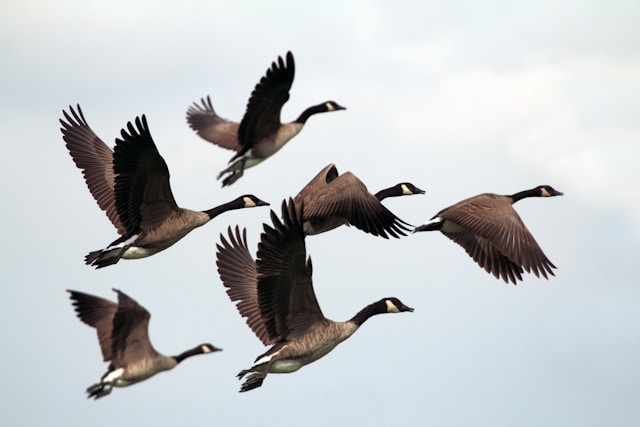Canadian snowbirds have long flocked south in winter, seeking sunshine, sandy beaches, and a reprieve from snowbanks. But an unexpected storm is brewing at the U.S. border, sparking confusion and anxiety among these seasonal travelers.
For decades, Canadian snowbirds – retirees who migrate to warmer U.S. destinations like Florida and Arizona – have been a vital economic boost to American communities. They spend months soaking in the warmth, contributing billions to local economies. But a new registration requirement from the Trump administration threatens to change this beloved tradition. Starting April 11, non-U.S. citizens staying longer than 29 days must register online, sparking worry about fines, arrests, and general uncertainty.
The policy, part of the Trump administration’s pledge to bolster national security, has been met with a wave of resistance. Immigration advocates, led by the American Immigration Council, are suing to block enforcement of the rule, arguing it was implemented improperly without public consultation. Among those affected are thousands of Canadian snowbirds who now find themselves in a regulatory maze. The registration, which asks for extensive personal details, has been described by some as invasive and overly complex. Those caught unaware face fines of up to $5,000 or imprisonment.
For families like David and Dianne Fine, who winter in an RV park in Texas, the uncertainty is unbearable. Despite following the rules and registering online, they have yet to receive confirmation of their paperwork. With the deadline looming, their anxiety grows. “If we don’t have the right documentation by April 11, we could face serious consequences,” says David. Stories like theirs reveal the cracks in the system, with critics pointing to a rushed rollout and unclear guidelines as the root of the chaos.
What’s particularly galling to many snowbirds is the feeling of being singled out. “I feel as if we’re being targeted,” says Toronto resident Rena Hans, who owns a Florida condo. These sentiments are echoed by Stephen Fine of Snowbird Advisor, a resource for Canadian travelers. “There’s a lot of anxiety and confusion,” he notes. His inbox has been flooded with questions from worried snowbirds trying to navigate the new requirements. For some, the stress is enough to reconsider their future travel plans.
The suit filed by the American Immigration Council argues that the new rules could deter Canadian snowbirds, harming American towns that rely on their spending. Across Florida and other snowbird hotspots, business owners and local officials are watching closely, fearing economic fallout. But beyond the financial implications lies a deeper question: how welcoming is the U.S. to its northern neighbors?
As April 11 approaches, the future remains uncertain. Will the lawsuit delay the implementation of the rules, offering a reprieve to snowbirds? Or will this be the season that changes cross-border travel forever? For now, Canadian snowbirds must prepare for the worst while hoping for a sunny resolution on the horizon.
References:
A reprieve for snowbirds? Trump administration sued over traveller registration requirement

